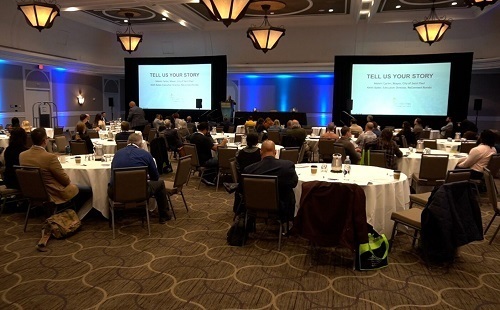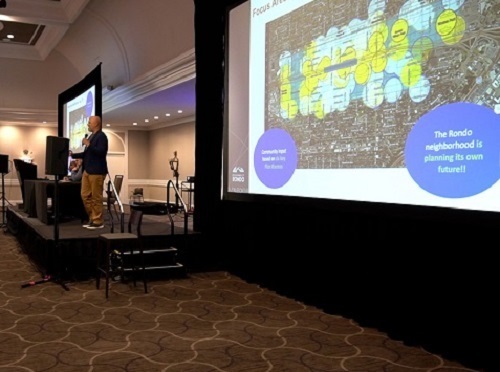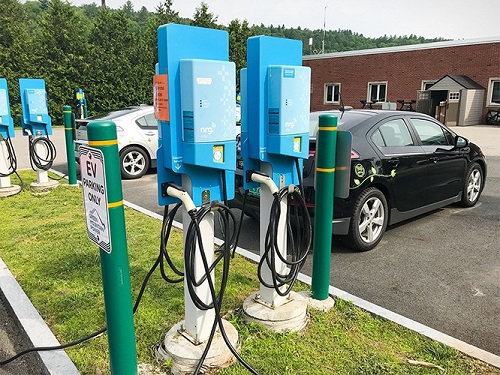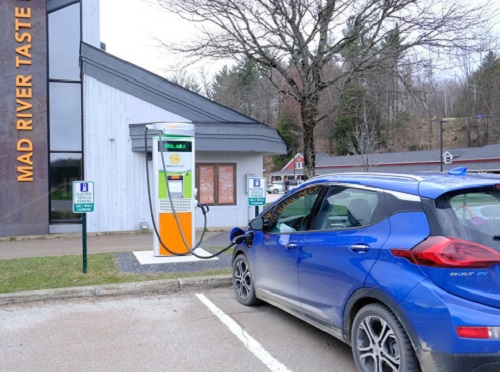The third episode of a four-part Environmental Technical Assistance Program or ETAP podcast series focuses on the crucial connections required between planners, policymakers, and local communities to make active transportation systems more attractive, equitable, and inclusive for all users. (To listen to the first and second episodes, click here and here, respectively.)
[Above image by AASHTO]
The ETAP podcast – part of a technical service program for state departments of transportation provided by the American Association of State Highway and Transportation Officials – explores a wide array of environmental topics that affect transportation and infrastructure programs.
This episode of the ETAP podcast delves into the recent “Reconnecting Communities Summit” that attracted representatives from 150 communities nationwide.

ReConnect Rondo hosted this event – held in St. Paul, MN, October 12-14 – which featured presentations by national and local transportation industry leaders and workshops discussing vital issues such as project fund development, transportation equity and environmental impact.
The AASHTO Center for Environmental Excellence – operated by AASHTO in partnership with the Federal Highway Administration – worked with the Conference of Minority Transportation Officials to help sponsor the “Reconnecting Communities Summit.”
This episode showcases interviews with summit attendees who have either secured grants, applied for them or are engaged in initiatives aiming to create a brighter future for their residents through community reconnection efforts.
The podcast features Heather McLauglin-Kolb with the Salt Lake City Division of Transportation and Cayce James with the City of Seattle. Additional speakers include J.T. Flowers, representing the Albina Vision Trust; Gretchen Chavez with the California Department of Transportation; and Lauren Hood, co-chair of Detroit’s Reparations Task Force. To listen to the full podcast, click here.



